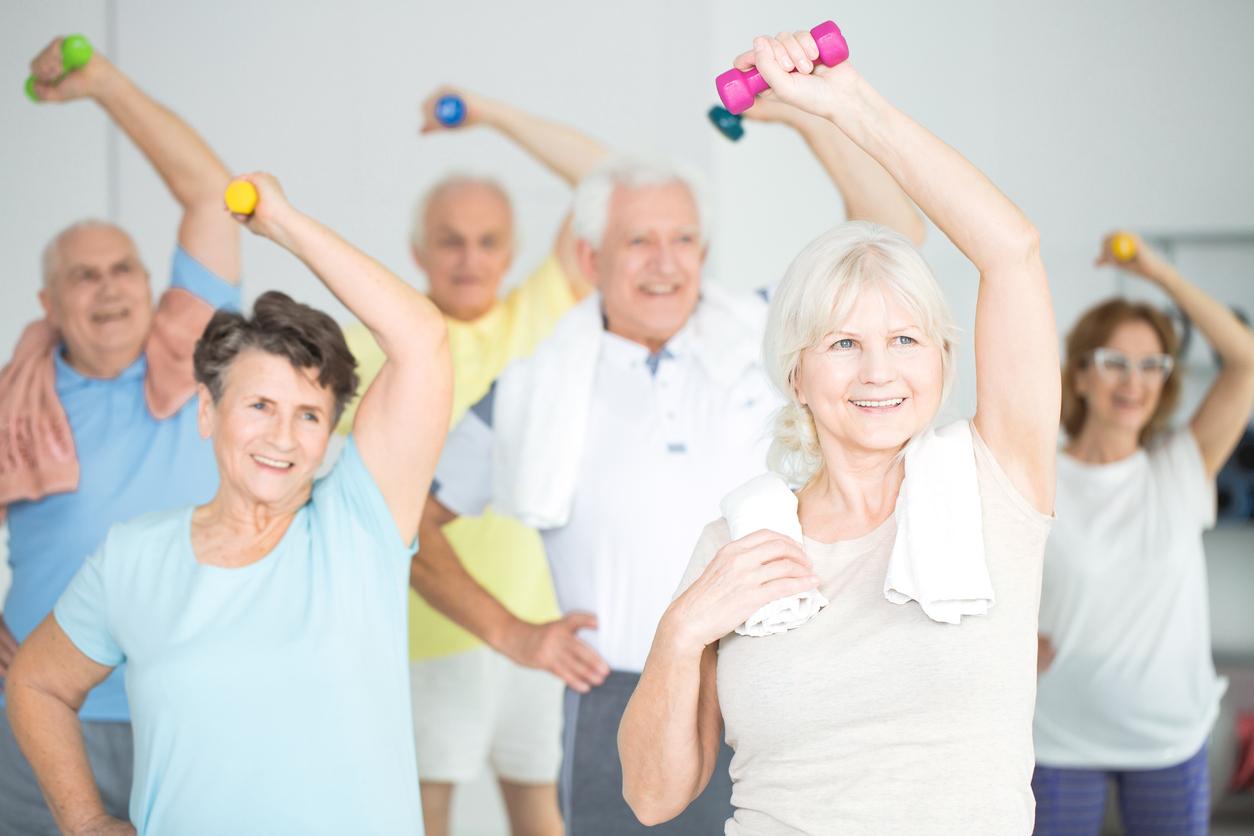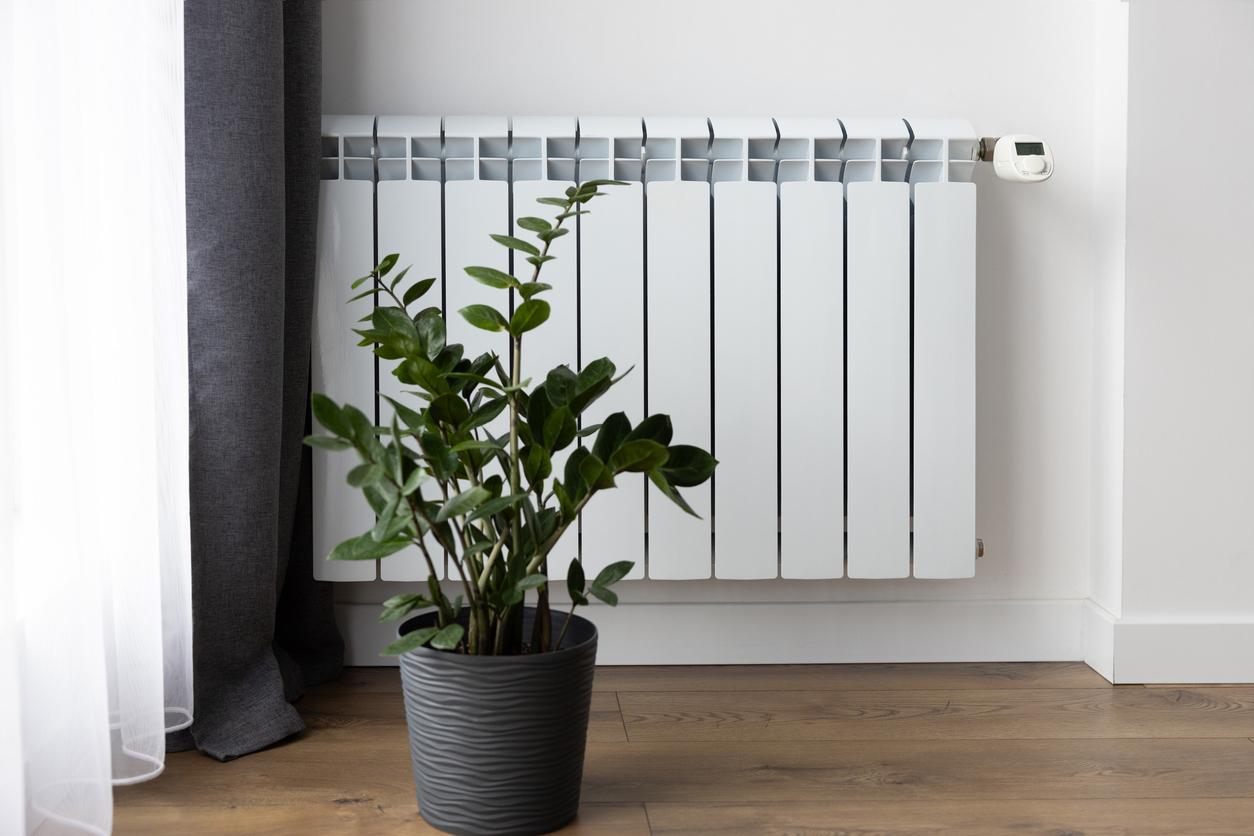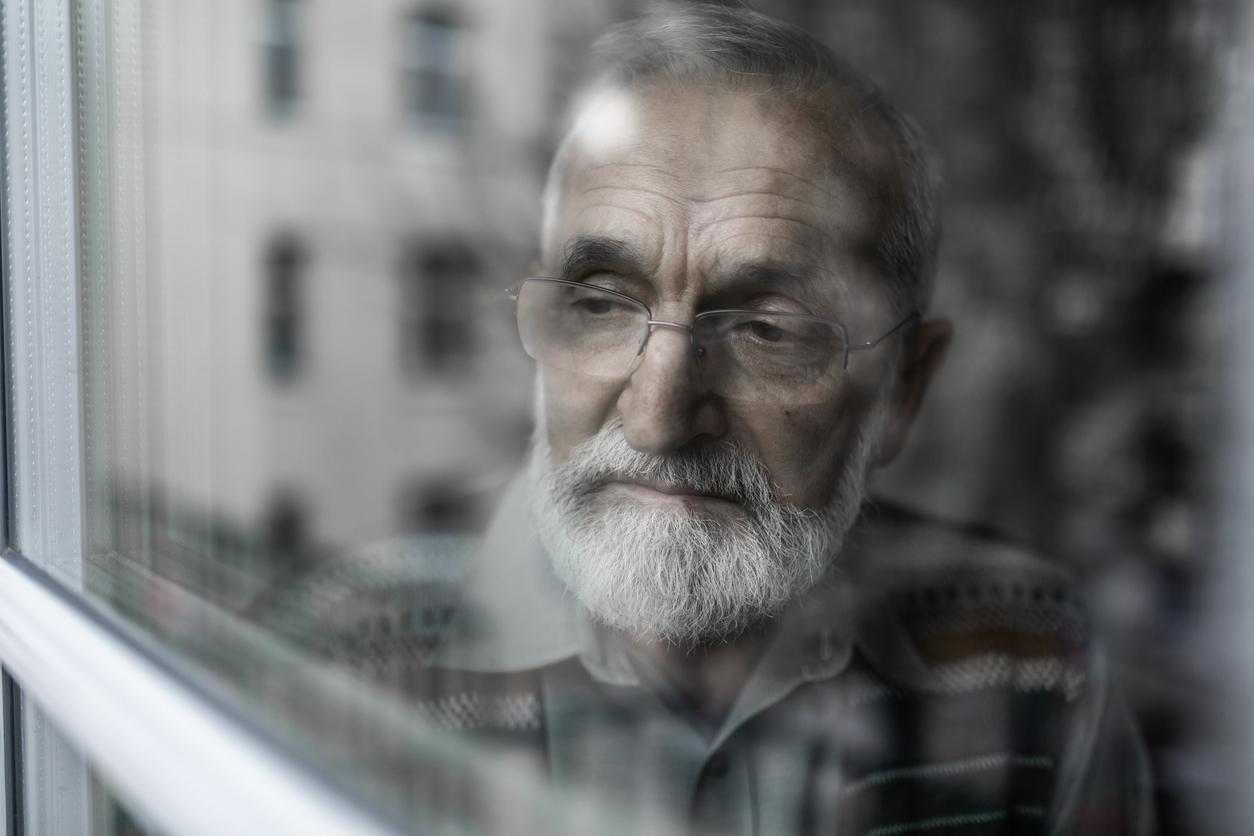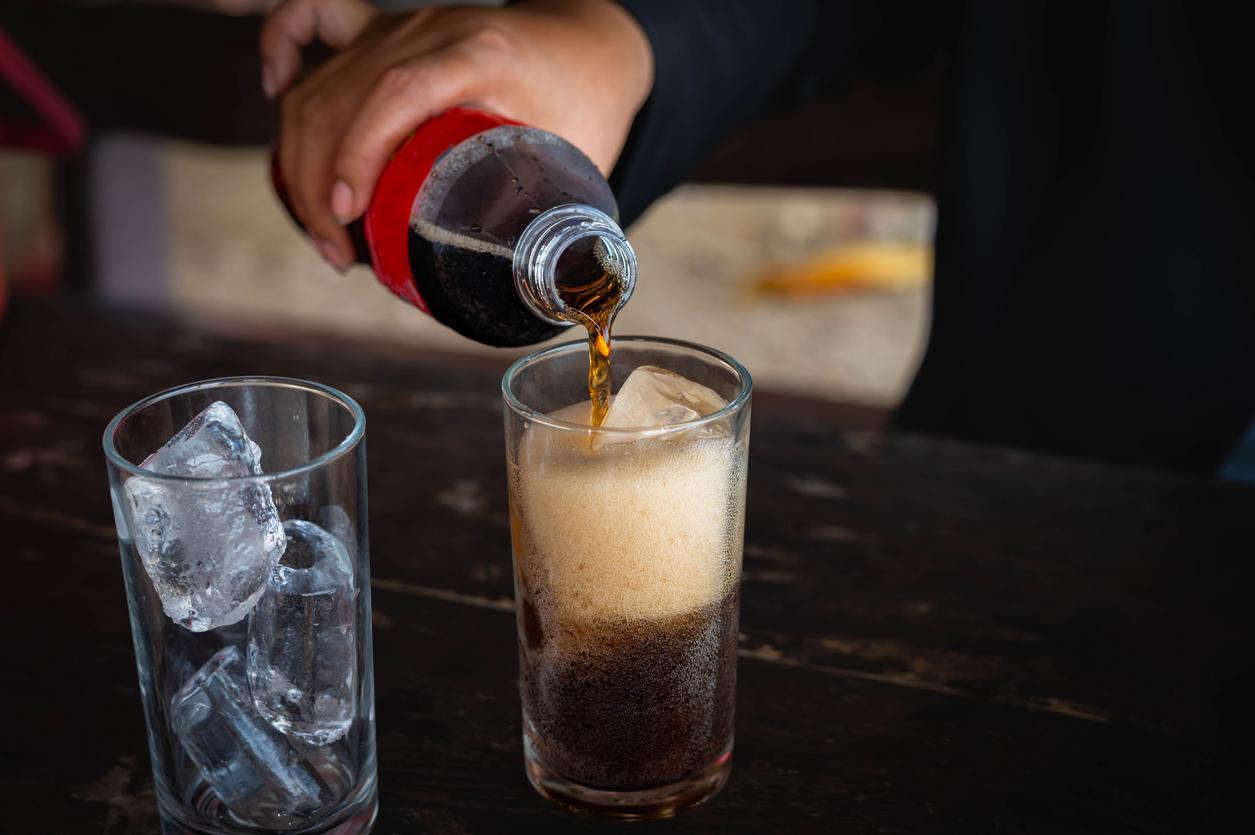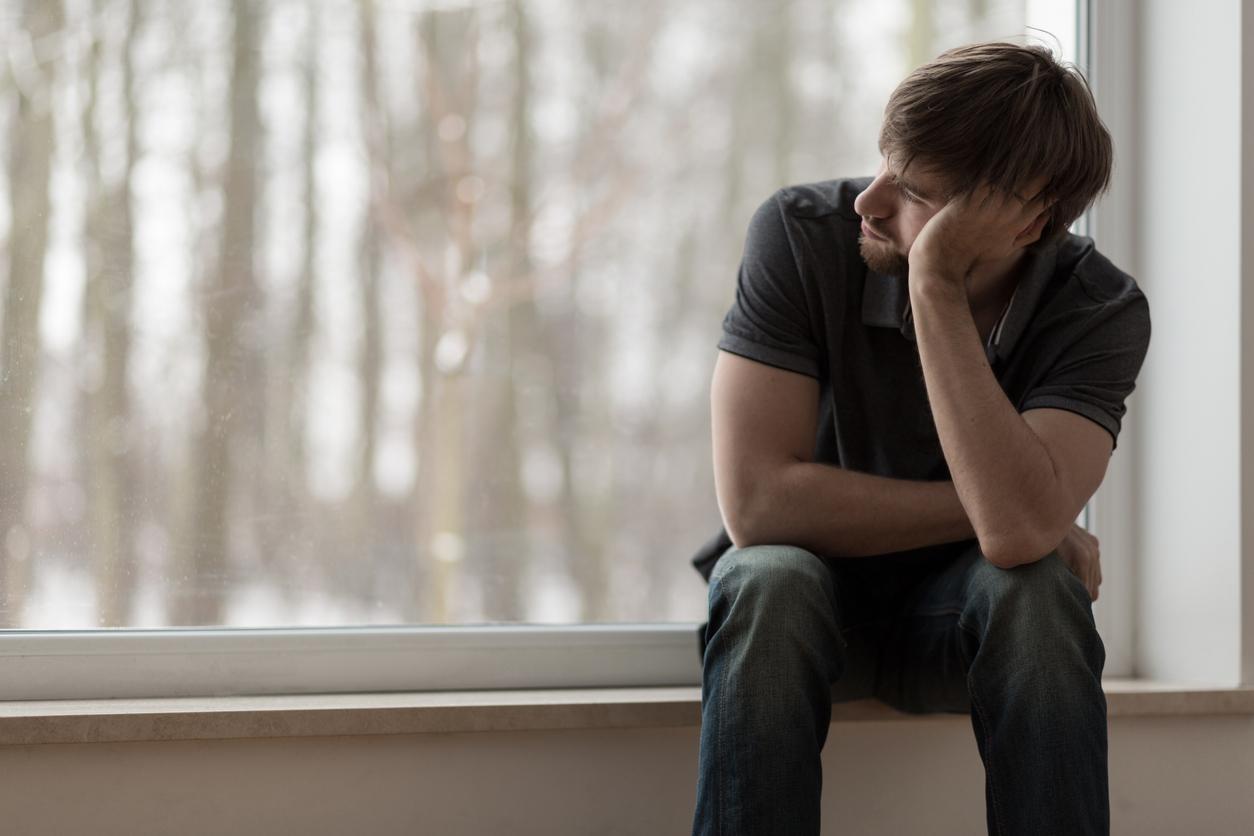Social isolation and loneliness of the elderly is an important risk factor for early mortality, recalls a spokesperson for the association Petits Brothers des Poor.
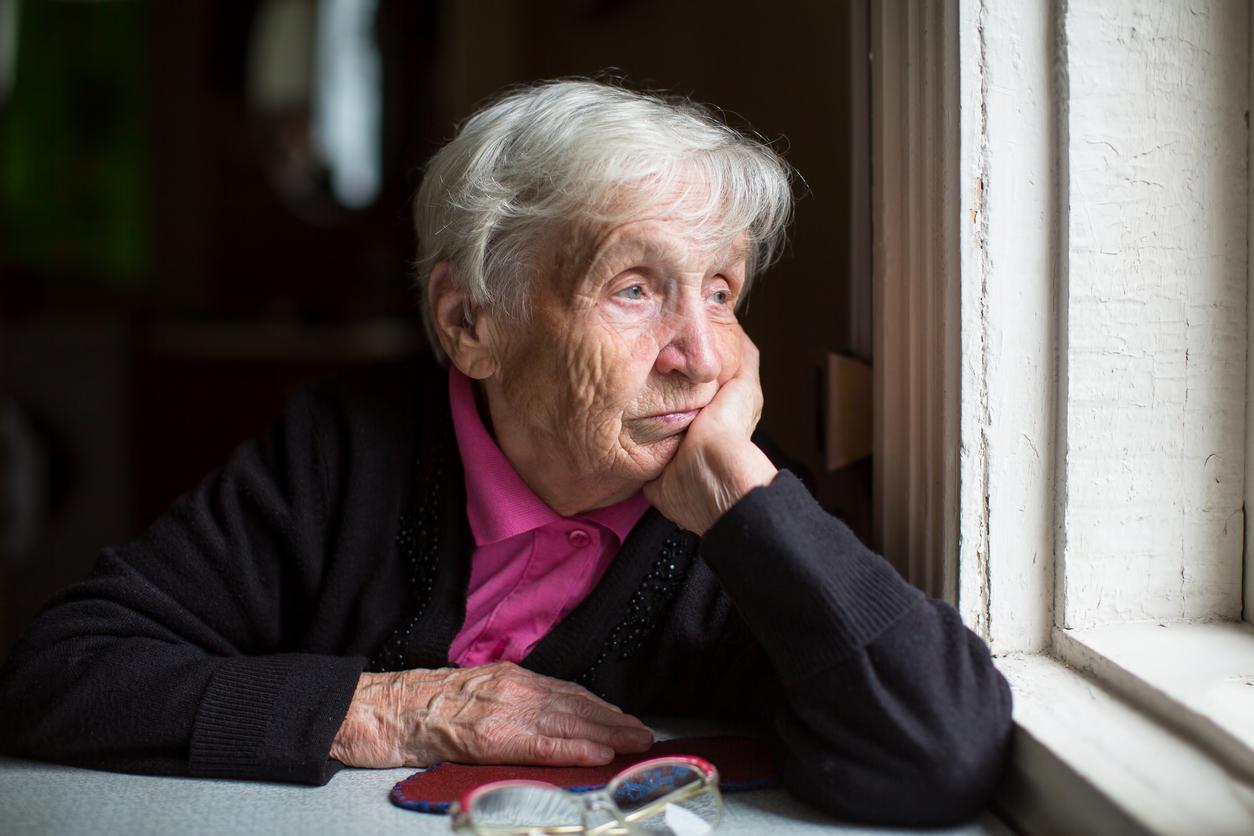
Meryl Le Breton, of the Plaidoyer and Press Relations of the Little brothers of the pooris responsible for highlighting the association’s actions with the media and the general public. Since its creation in 1946, the association aims to combat the isolation and loneliness of the elderly, a real public health issue: volunteering, holiday homes, events for Christmas …
Why Doctor: How to define solitude and social isolation?
Meryl le Breton: These are two completely different notions. Loneliness is a feeling: one can be physically surrounded by many people (family, friends, colleagues …) but nevertheless feeling personally alone on a daily basis. Isolation is encrypted: we are isolated if we have few or no people to speak during the day. According to advocacy Small brothers of the poor published in 2021, it is estimated that today in France, two million elderly are isolated (of the two main circles, family and friends) and 530,000 elderly people are even in a situation of social death, defined by The fact of no longer having contact with four networks (family, friendly, neighborhood and associative) at all). By way of comparison, they were 900,000 and 300,000 respectively in 2017.
Widnagement is the first isolation criterion: once the spouse leaves, many elderly people find themselves isolated.
How to explain this worsening of the situation?
There are two main causes. First, the COVVI-19 health crisis from 2020 has isolated the elderly even more, but not only-young people have been affected. The other reason is demographic: there are more and more seniors and fewer and fewer young people, therefore, more likely that the elderly find themselves isolated.
What is the standard profile of an elderly person suffering from isolation?
She is an 85 -year -old woman, often in precarious situations. Widowhood is the first isolation criterion: once their spouse is, many women are isolated. And it is enough that the spouse was the one who maintained social relations so that you lose as long as he dies.
At the time of the first confinement, we talked a lot about the “shift syndrome”: many elderly people have, by weariness or despair, simply stopped to eat, to hydrate, to heal …
What are the links between precariousness and isolation in the elderly?
When you have health problems, like many seniors, but you lack the means, you are cautious, so you are more likely to be loss of autonomy. Now, who says he loses his autonomy says he stay at home and no longer have any connection with the outside world. Precariousness also induces fewer social activities: you are no longer going to the cinema or in the restaurant with your friends, you resound your subscription to the pétanque or reading club … The lack of means limits the occasion to preserve links or to create new ones.
Isolation affects physical and mental health, the risk of depression … is it only linked to the lack of social ties?
There is also old age, of course, which brings its share of health problems, but isolation aggravates the situation: the less autonomous you are, the less you go out and the less you want to go out, the more healthy you get your health problems … At the time of the first confinement in 2020, we talked a lot about “shift syndrome”: in a context where we could no longer see anyone, many elderly people, by weariness or despair, simply arrested from S ‘ feed, to hydrate, to heal … and some have slowly slipped towards death. Isolation therefore has dramatic consequences on health. It is an important risk factor in early mortality. When we hear the testimonies of people who were isolated, who thought they ended up their lives alone and who, thanks to the association and volunteering, reconnect, they say they have found a real family. And finally a little meaning in their lives, which is good for health.
Unlike a person on the street, which is often “visible”, you can never meet an isolated person who lives in your building.
How to identify and prevent the isolation of the elderly?
Isolation is a complex suffering to detect because, by definition, these are people that we do not see, who are isolated from the rest of the world. Unlike a person on the street, which is often “visible”, you can never meet an isolated person who lives in your building. Add to this that these are people who, sometimes, are ashamed and do not want to be helped, often considering that there is worse than their situation. These are actually people who complain little. It is rare that they arise themselves: they are rather relatives, the neighborhood, the doctor, the shops or the town hall. To locate an isolated person, try to notice if a neighbor goes out less and less, receives few visits, that you have not crossed it for a long time …
How, on its scale, help isolated people?
Everyone can act on their own scale, without necessarily becoming a volunteer. The little brothers of the poor created the “Loneliness” Kit Kitwhich gives “balls” to help citizens create a link with isolated people. He includes a card game with questions like “what is your best memory of vacation” or “what is your favorite dish” (no matter the question, to tell the truth, the idea is to start discussions), A postcard to slide in a mailbox (to offer the person to shop for example), a poster to deposit with a merchant to make you known …
It is a practical kit that facilitates the meeting, knowing that the elderly are often the target of scams, and therefore a little suspicious at first. There are many diverted ways to get in touch, if only to ask salt or eggs from a neighbor you know alone. You will feel very quickly if the person needs to speak, to exchange, in short to be less alone.
Be stigmatized [par la société et les gens] As an elderly person can, in fact, push you to isolate yourself.
What are the feelings expressed by single people? anger with their loved ones, shame, disappointment with a society that forgets them a little?
Most of the elderly people that the little brothers in the poor accompany have no relatives at all. They don’t want anyone, they know that everyone works and has their life. No one is insensitive to the cause of the isolation of the elderly. It’s really the rhythm of life that does that. There is no resentment, everyone has their story. However, some complain about the way in which society as a whole deals with the elderly. For example, the lack of public transport or benches to sit, the closure of local shops, or even -aging: some feel infantilized by the actions or the eyes of some. However, being stigmatized as an elderly person can, in fact, push you to isolate yourself.








